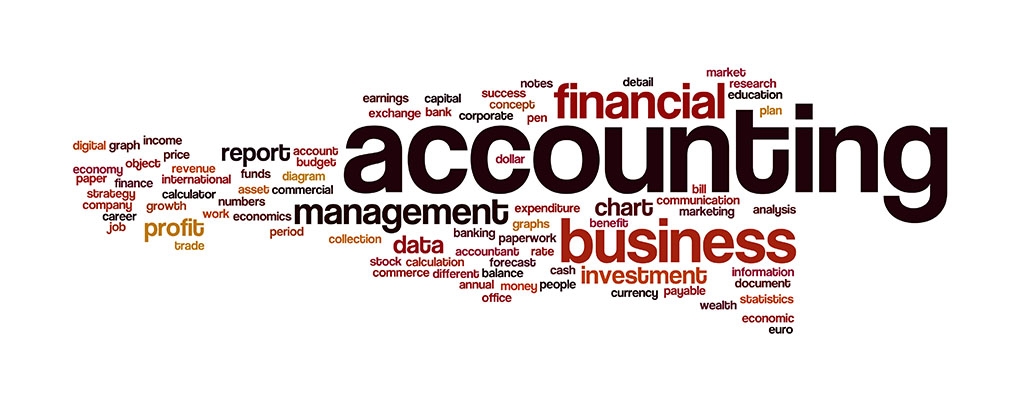The Seventh Wave: How AI Will Change The Technology Industry
Technology is not limited to just heavy machines or electronic gadgets or computer programs; it cuts across diverse fields of study and life processes, such as agriculture, medicine, transportation, communication, energy, and lots more. Similarly, the early peoples of Mesopotamia, the Sumerians, learned to use the Tigris and Euphrates rivers for much the same purposes. But more extensive use of wind and water (and even human) power required another invention.
Berkeley launches a lightweight open-source humanoid robot
Without a shared vocabulary or context, coordination becomes brittle. Google’s recent unveiling of what it calls a “new class of agentic experiences” feels like a turning point. Such capabilities could soon extend far outside the Google ecosystem. The company has introduced an open standard called Agent-to-Agent, or A2A, which aims to let agents from different companies talk to each other and work together.
Meet Jim O’Neill, the longevity enthusiast who is now RFK Jr.’s right-hand man
From smart, connected factories and offices to entire smart cities, the spaces around us will increasingly be equipped with the ability to monitor what’s going on and act accordingly. Various technologies, such as robotic surgery simulators, home defibrillators, diagnostic devices, and the use of AI and machine learning have proven to be very useful in saving lives. Everything we do right from starting our day to ending it involves some form of technology.
Subscribe & save for unlimited access to expert technology news and cutting-edge insights.
- In manufacturing, robots enhance efficiency and accuracy in production lines.
- The software that are used are also a part of aerospace technology.
- Importantly, credit card details, personal financial information and passport details are not held in this system.
- These advancements will help organizations stay ahead of emerging threats and strengthen their cybersecurity infrastructure.
- AI will become a transformative type of technology in drug discovery by 2025, enabling faster and more accurate identification of drug candidates.
Technology involves the development and production of various materials, tools, and devices using existing knowledge to provide benefits. And, in Faust by Goethe, Faust’s selling his soul to the devil in return for power over the physical world, is also often interpreted as a metaphor for the adoption of industrial technology. On the somewhat pessimistic side are certain philosophers like the Herbert Marcuse and John Zerzan, techleash.com who believe that technological societies are inherently flawed a priori. They suggest that the result of such a society is to become evermore technological at the cost of freedom and psychological health (and probably physical health in general, as pollution from technological products is dispersed). In many dictionaries, technology is an applied science that uses scientific methods and knowledge to form reasonable conclusions in the practical world.
Remote work tools and collaboration platforms have created more flexible working arrangements. Technology enables people to work from home, which reduces commute times and promotes a better work-life balance. With access to online communication and project management tools, tasks can be completed more efficiently, allowing for more free time to engage in personal activities. Technology has significantly enhanced efficiency in both personal and professional settings. Tools such as project management software, cloud computing, and AI-powered automation allow tasks to be completed faster and with greater accuracy. This enables individuals and businesses to concentrate on more strategic activities, minimizing the time spent on repetitive manual tasks.
New fields like Quantum Computing, 5G, and Edge Computing will become more important by 2025. Those fascinated by blockchain will need to understand smart contract development, decentralized applications (DApps), and cryptography. By identifying a specific niche, you can concentrate on developing expertise in the technologies and tools that are in high demand in that area. 3D printing, also known as additive manufacturing, creates objects by layering materials based on digital models.












